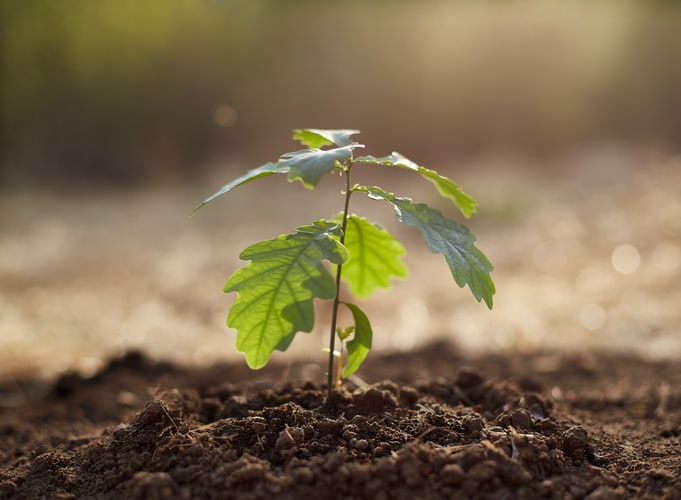Did you know that there are effects of composting in our environment? It’s true! If you’re not yet familiar with the word, let me explain in a short answer. Composting is a process that helps convert plants into more functioning and healthy soil. Many gardeners suggest using compost to improve their soil nutrients, properties, and growth.
Enriches Soil
Improving soil quality, and enriching the soil with essential nutrients is important for all farmers and gardeners. They know that composting is one of the most important solutions to any problem in the garden or farm.
Beneficial microbes found in the ground can help fertilize and oxygenate the soil. Also, without the microbes, plants wouldn’t be able to acquire the nutrients needed for them to grow and increase the area in which the roots grow.
Helps in Soil Water Retention
Compost acts like a sponge that retains a huge amount of water into the soil. Not only does it benefit the plants, but it also means that the water collected will go all the way to the rock layer which replenishes and filters the spring, ponds, and lakes.
Reduces food wastes
Food wastes such as fruit peelings will now become a beneficial resource. This is because food waste acts as a key element in composting. Composting also helps in reducing pollution because we can now reuse food waste as a means to enrich our soil. With composting, food waste becomes black gold.
Reduces the Need for Chemical Fertilizers
Farmers and gardeners tend to rely on fertilizers and pesticides to remove pests surrounding the plant which costs them money. But by composting, their job gets easily done with no money spent. As composting has essential nutrients to provide the plants. It also helps prevent water poisoning on crops from contaminated water or from underground water reservations.
Reduces Carbon Emission
Composting can help sequester carbon. This means that composting helps in removing carbon from the atmosphere. The roots of the plants feed off of the carbon from the air and composting, this helps the soil to have much more nutrients in order to help with the plants. Composting is one method of reducing carbon and methane emissions in the atmosphere.

